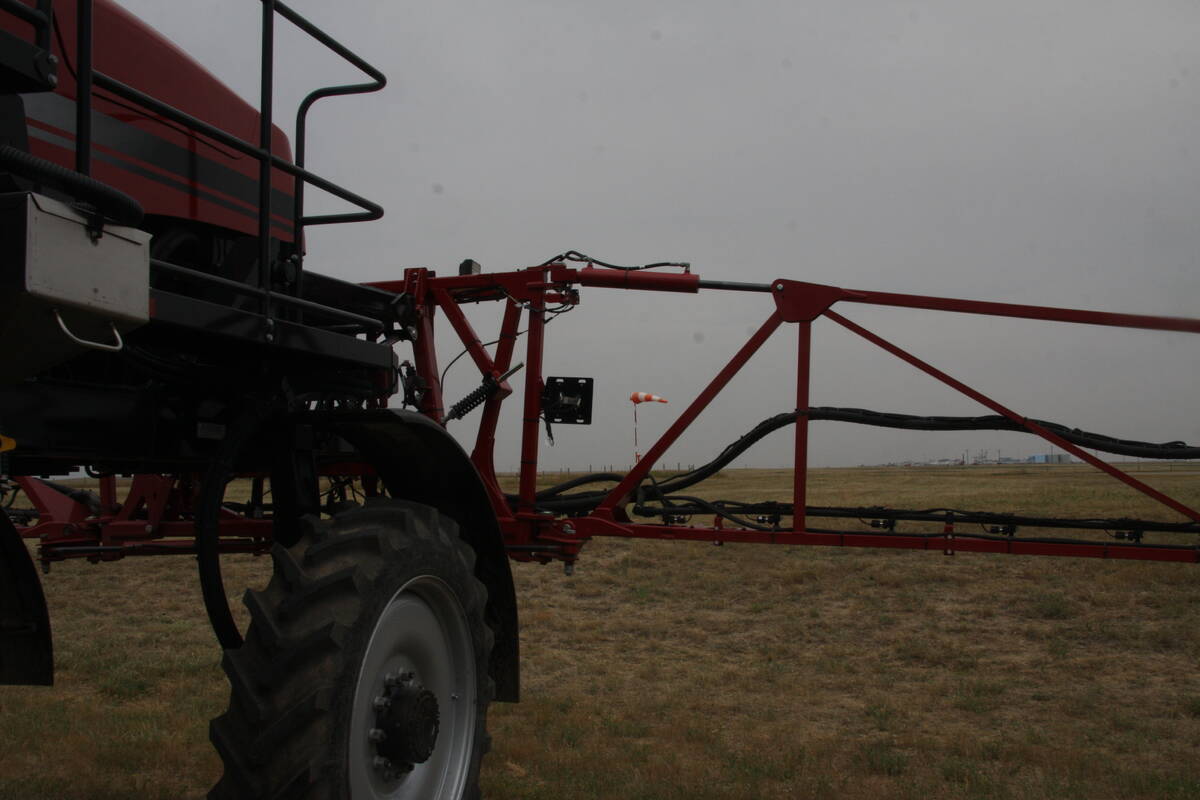Horse slaughter nearly became illegal in the United States last month and could become so in 2007.
About 30,000 American slaughter horses are shipped to Canada for processing annually and a bill before the House of Representatives would prevent that trade.
The House found it had bigger issues to deal with as the fall session came to a close, said Tim Case of the American Quarter Horse Association in Amarillo, Texas.
Case, along with most of the American livestock industry, said the bill reaches into the barns of the broader American livestock industry.
Read Also

More work wanted on removing red tape
REGINA — Canadian farmers risk falling further behind competitors if two main federal agencies don’t become more efficient and responsive…
Across the U.S., livestock producer and packer associations have been critical of the bill, saying its intent goes beyond horses.
Julie Bryant of Latigo Associates in Fort Worth, Texas, told Saskatchewan livestock producers attending a Farm Animal Council meeting in Saskatoon Dec. 13 that the American cattle industry views the bill as a threat.
“This bill has its roots in animal activism. If you look at the effect it could have on how we define what is a farm animal and what rights they have, you can quickly see that this law is the tip of a very big iceberg,” she said.
Mike McGowan of the Wisconsin State Horse Council is more blunt.
“This bill appears to be an animal rights bill masquerading as an animal welfare bill,” he said.
Banning horse slaughter is not a new issue in the U.S.
In 1998, California banned the transportation of horses for slaughter. In 2001, a ban was proposed federally but died in the agriculture committee. In 2005, lobbyists successfully convinced a House budget appropriations committee to remove funding for United States Department of Agriculture meat inspectors in horse slaughter plants. The USDA created a fee-for-service program that restored slaughter that year.
Case said the war in Iraq kept legislators busy this fall, otherwise the bill banning horse slaughter may have passed into law.
He said the law that will come before the House in early 2007 is written so that it can be applied to other animals, not just horses.
“It focuses on the fact that the horse is not generally raised in American culture specifically for meat and, as such, laws that allow its slaughter are inappropriate,” he said.
“Dairy cattle are not raised for meat. Sheep are raised for wool. Goats for mohair. And horses are eaten by some cultures, just not the majority of Americans,” he said.
“Does that mean that just because we don’t eat it in North America that farmers shouldn’t produce it and the food industry process it here?”
Case said about 90,000 horses were slaughtered in the U.S. in 2006, mostly reared with the intent to become working or pleasure animals.
He said the bill has no provisions for disposal of unwanted horses or any measures to deal with the 90,000 animals that are now being humanely slaughtered in packing plants or exported to Canada.
The issue has divided the two largest horse associations in the U.S.: the American Jockey Club and its Thoroughbreds and the American Quarter Horse Association.
“Producers need to be sure and act with one voice on this issue,” he said.
The American Horse Council, the umbrella group that acts on behalf of the equine industry takes no position on horse slaughter because of the divide between two of its largest players, said Bryant.
She said the equine industry failed to deal with the issue of horse slaughter and is now paying a price for avoiding the issue.
“Hiding from media and public attention just doesn’t work. In the U.S., 300,000 ranch horses are out there and their owners are about to be told to handle them like pets instead of stock,” she said.
Case said horses aren’t a single issue for animal activists.
“Just because animal rights activists don’t appear focused on cattle today, or hogs or poultry, doesn’t mean they’ll leave you out of this,” said Case.
Canadian horsemeat packers did not return calls for this story.
















